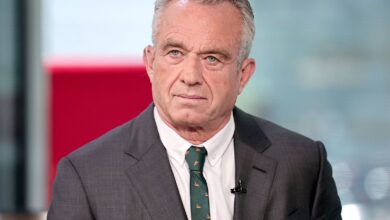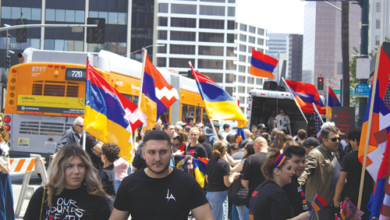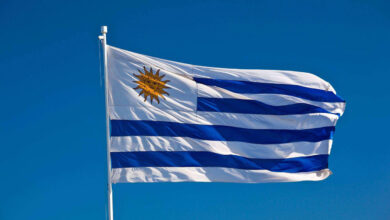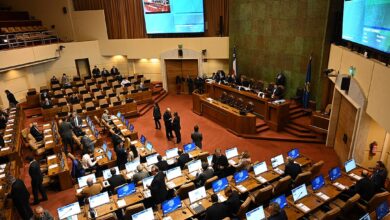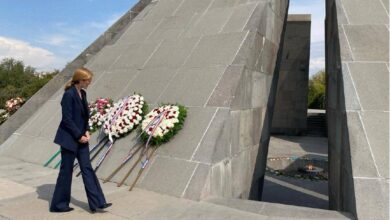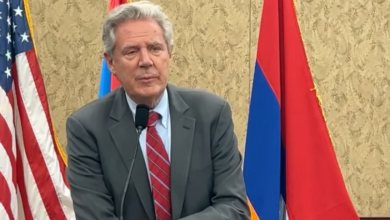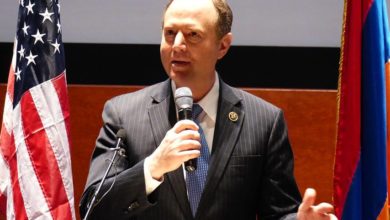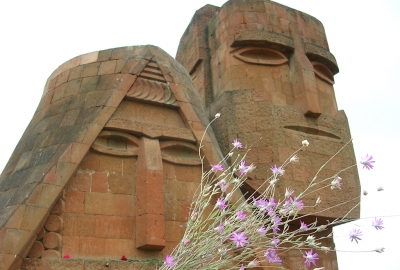
Karen Ghazaryan
Public Radio of Armenia
May 12 marked the 20th anniversary of the ceasefire agreement signed by representatives of Armenia, Karabakh and Azerbaijan. After 1996 Karabakh was left out of the talks, and Azerbaijan managed to distort the essence of the conflict and present it to the world as a conflict between Armenia and Azerbaijan.
First Russian Co-Chair of the OSCE Minsk Group Vladimir Kazimirov has publicized documents, which actually prove that Azerbaijan accepted Nagorno Karabakh as a party to the negotiations back in 1993, political scientist, historian Gagik Hambaryan told reporters today.
“The Azerbaijani authorities have always negotiated with Nagorno Karabakh, and in 1993 official Baku did not feel embarrassed to hold direct talks with Nagorno Karabakh and ask for a ceasefire,” he said.
The political scientist considers that our diplomacy should use the above-mentioned documents in the negotiations.
“On September 3, 1993 Heydar Aliyev allowed the Speaker of the Supreme Council, Afiyaddin Jalilov, to organize a meeting between officials of Azerbaijan and the Nagorno Karabakh Republic,” he said.
The historian said there are a number of other documents signed by the then President of Azerbaijan, Heydar Aliyev. The documents are kept in the archive of the Russian Ministry of Foreign Affairs, he said.
Gagik Hambaryan considers that the documents should be actively used by the Armenian diplomacy to prove that Azerbaijan recognized the Nagorno Karabakh Republic on the presidential level, or at least return Nagorno Karabakh to the negotiating table.
Speaking about US Co-Chair James Warlick’s famous statement, the historian said it wasn’t something new to us. He’s inclined to link the statement to Ukraine events. According to Hambaryan, the West wanted to distract Russia’s attention from Ukraine, but failed to do so.
As for the recent statement of the OSCE Minsk Group Co-Chairs, it was connected with the 20th anniversary of the ceasefire, the historian said, adding that “none of the Co-Chairs has the desire and opportunity to solve the conflict today.


